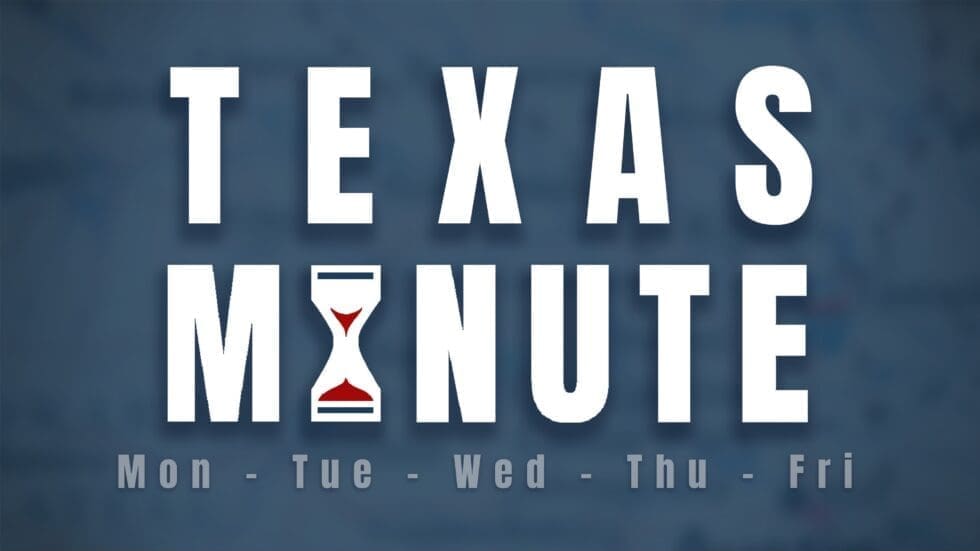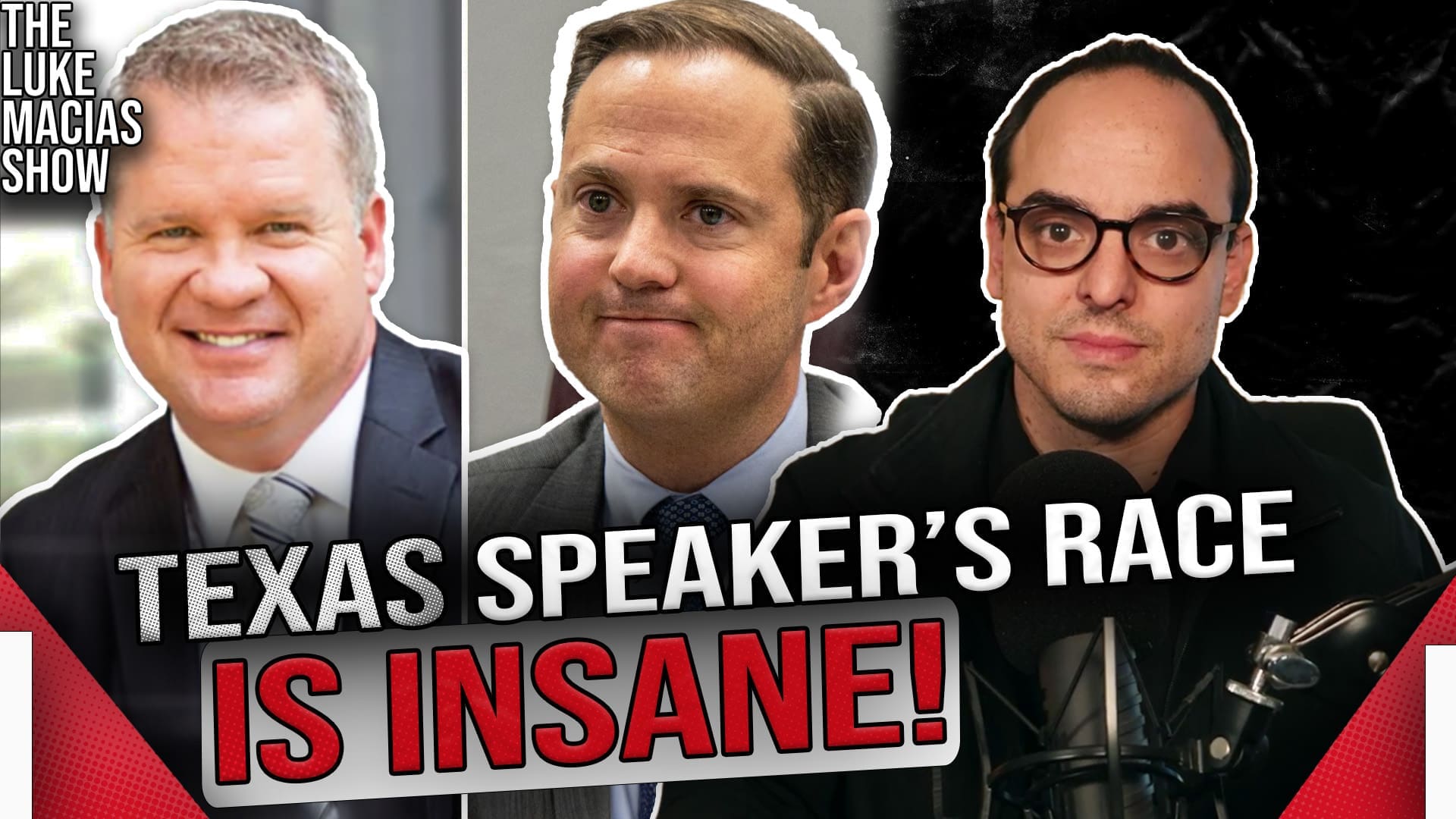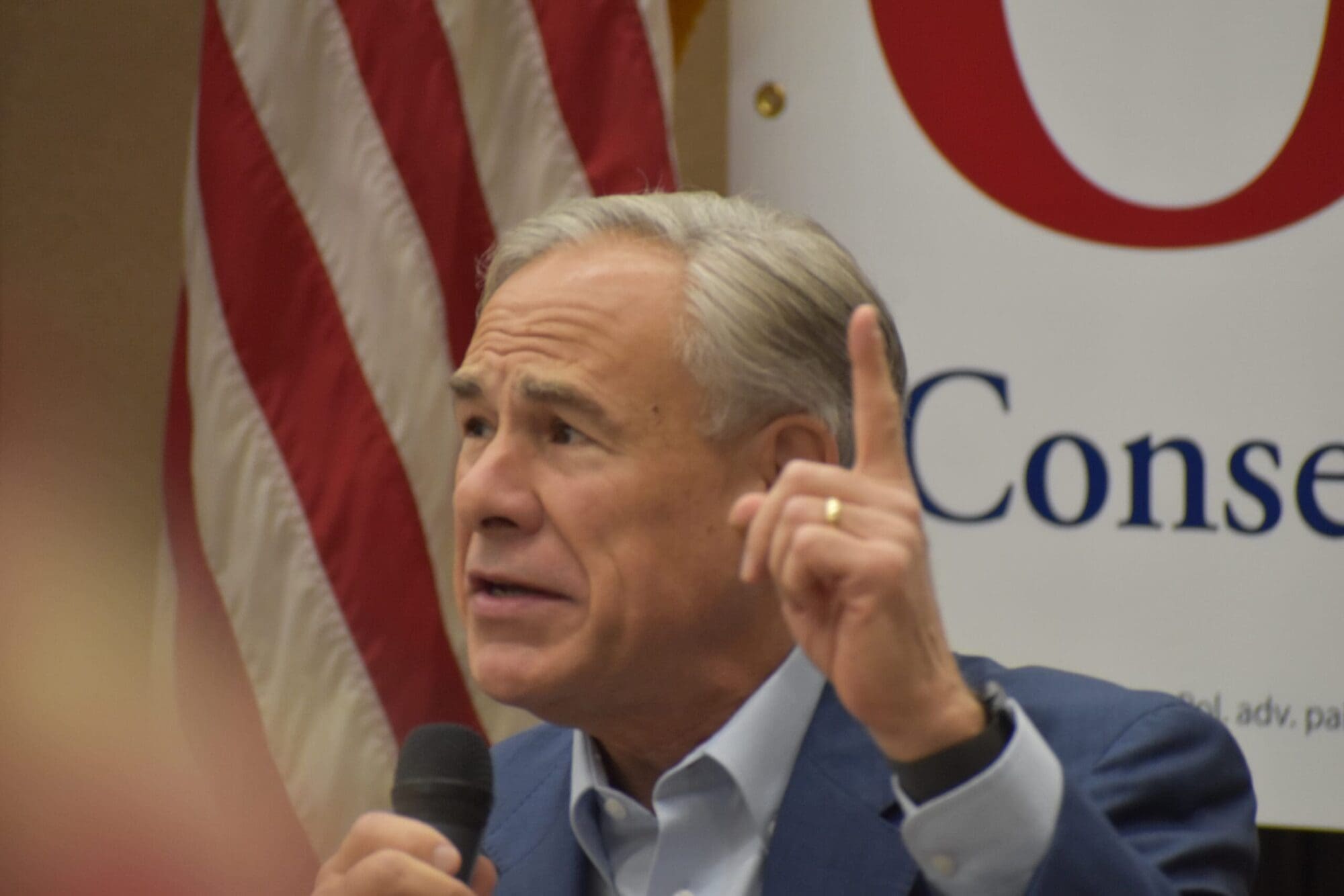For a variety of bad reasons, political and otherwise, some say Texas will face an insurmountable budget crisis when lawmakers meet in January. But Lt. Gov. David Dewhurst tells the Austin American Statesman that the budget hole won’t be what many have claimed.
Widely exaggerated numbers have put the projected budget shortfall at $25 billion. The widening hole theory was promoted this fall by Democratic gubernatorial candidate Bill White (as he flailed about trying unsuccessfully to land a punch on Gov. Rick Perry), and more recently by lawmakers seeking an excuse to dig deeper into your wallet.
But Lt. Gov. Dewhurst — a strict numbers man if ever there was one — says the two-year budget gap will be far less, in the “neighborhood of 13 to 15 billion.” (That’s out of a biennial budget approaching $200 billion.)
Reminder: the projected shortfall is not the same thing as a deficit. A deficit is when you plan to spend more than you plan to bring in. Texas cannot do that, constitutionally. Instead, a projected shortfall occurs when someone wants to spend far more money than they have coming in. There are two ways to solve it: cut spending, or bring in new revenues.
Those now pitching extreme budget-shortfall numbers tend to fall into the category of revenue-seekers. They want new or expanded taxes on individuals and businesses, or they are seeking a fiscally respectable way to legalize gambling. (For the record, I really don’t support or oppose legalized gambling, per se. I do, though, find laughable the nonsensical belief gaming would magically plug the budget hole — just look at the fiscal messes found in states with larger gambling footprints than Texas.)
Mr. Dewhurst says that the projected shortfall can be seen “somewhat as a brother or sister to the 2003 session, in which we ended up spending a little less than we did the previous biennium, shifting funds from non-essential to essential programs but holding spending down.”
Keeping government spending under control is always the key to ensuring a free economy. Those who would seek new tax revenues — like House Ways & Means Committee chairman Rene Oliveira (D-Brownsville) — shackle the economy not only with fewer resources to create and innovate, but an additional burden to bear.
The calm, right-thinking approach of Lt. Gov. Dewhurst is the one that will best serve the interests of Texas.




